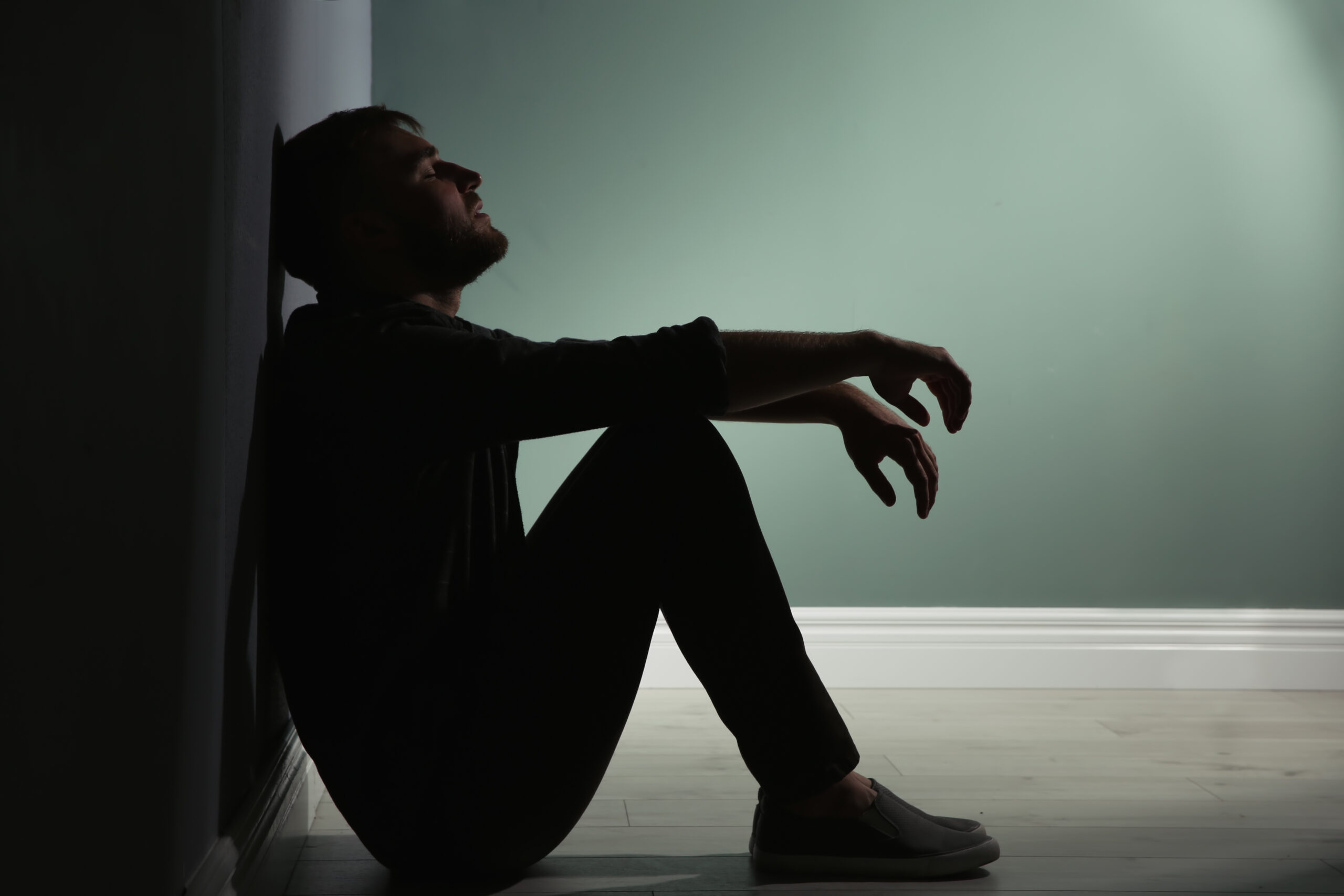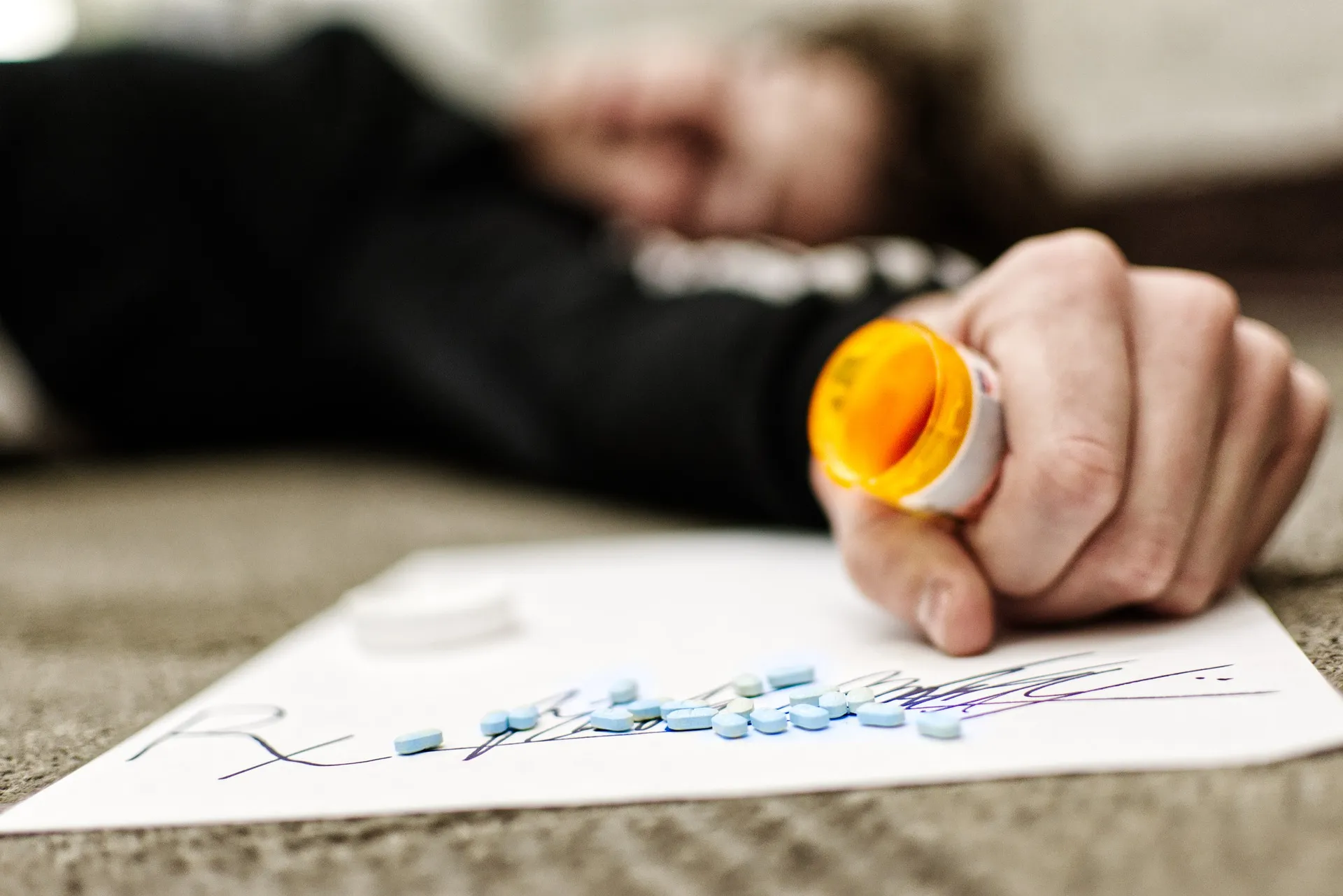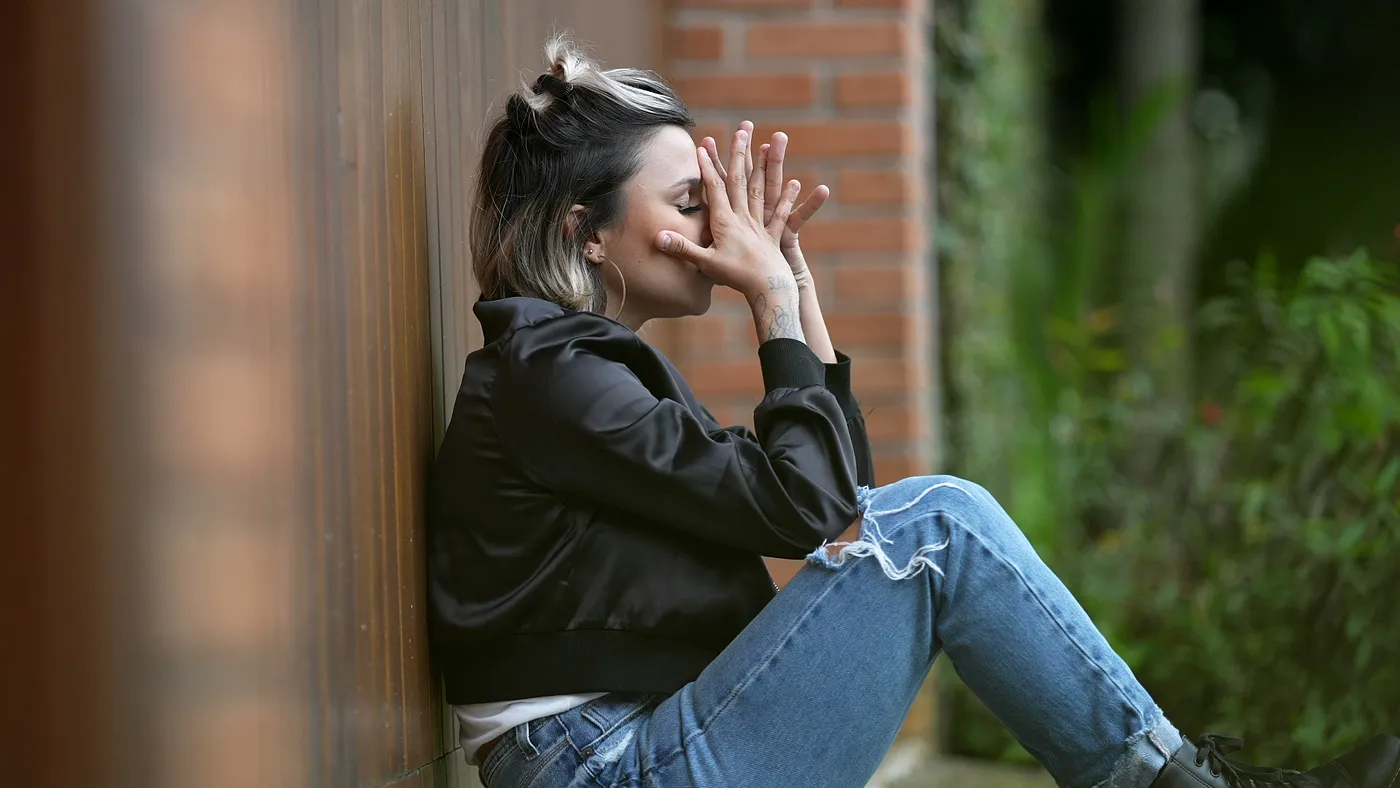The other day, I was doing research for an article I was writing. I was reading about hydrocodone when I came across something that immediately got my hackles up.
Here it is: “According to NIDA, “When abused, prescription and OTC drugs can be addictive and put abusers at risk for other adverse health effects.” It can also lead to an overdose and the chances of that increase even more when the drugs are taken in combination with other barbiturates or alcohol.”
This was taken from narcotics.com, referencing the National Institute on Drug Abuse.
Look, I’m not saying they’re wrong. Of course, these things can happen to people addicted to prescription drugs, especially if they are irresponsible with them and use alcohol and barbiturates at the same time.
But the statement that really made my blood boil is “when abused.”
In my opinion, this puts all the blame on the person taking the prescription and none on the person subscribing it.
I was addicted to narcotics for 2 1/2 years as a result of irresponsible prescribing. I didn’t know what I was doing, I never abused the drugs, and yet, I was addicted to them.
The drugs weren’t addictive because I abused them — they were addictive because it’s in their nature to be.
I had a doctor keep me on opioids for his own benefit, and as a result of my prolonged use, I couldn’t get by without them.
I had to have them to function, and I’m not alone. Opioid use disorders affect over 16 million people worldwide, over 2.1 million in the United States, and there are over 120,000 deaths worldwide annually attributed to opioids.
Do you think all 16 million of those people went out looking to abuse opioids? I would bet not even half of them did. More than half.
Regular people are prescribed opioids; people who aren’t looking to become addicted.
So many people are prescribed opioids without knowing the dangers they present. So many people have doctors who give them out irresponsibly, and eventually, a good deal of them become addicted.
And it wasn’t because of abuse, it was because the drugs are dangerously addictive and need to be monitored closely.
My initial opioid prescription was necessary — I was in a great deal of pain after having surgery on my spine. However, if it had been monitored correctly, I would’ve been off the drugs after about a month.
Because it wasn’t, I ended up addicted to the pills. Being told you have to take them indefinitely by your doctor can do that to you.
Since I overcame my opioid addiction, I’ve been prescribed them a number of times. Once after a root canal, once for a toothache, twice for routine sicknesses, and the list goes on and on.
I’ve taken them twice since, both times for a maximum of two weeks following c-sections. Every other time, I turn them down and use lesser painkillers to get by.
Just because a doctor writes you a prescription, it doesn’t mean you have to fill it.
I do this because I know how dangerous these drugs can be. I know the damage they can do to your life and your self-confidence, and I want nothing to do with them if I don’t need them.
I know the potential they have for addiction. I know how horrible it is to depend on these pills to feel “normal,” and I know how hard it is to get them out of your system.
There are people out there who abuse prescription drugs. There’s people who get them illegally and take them for a high, but there are also countless people being prescribed them for something as simple as a toothache.
And if they’re not careful, addiction can easily happen. Just like that.
With no abuse on their part.




